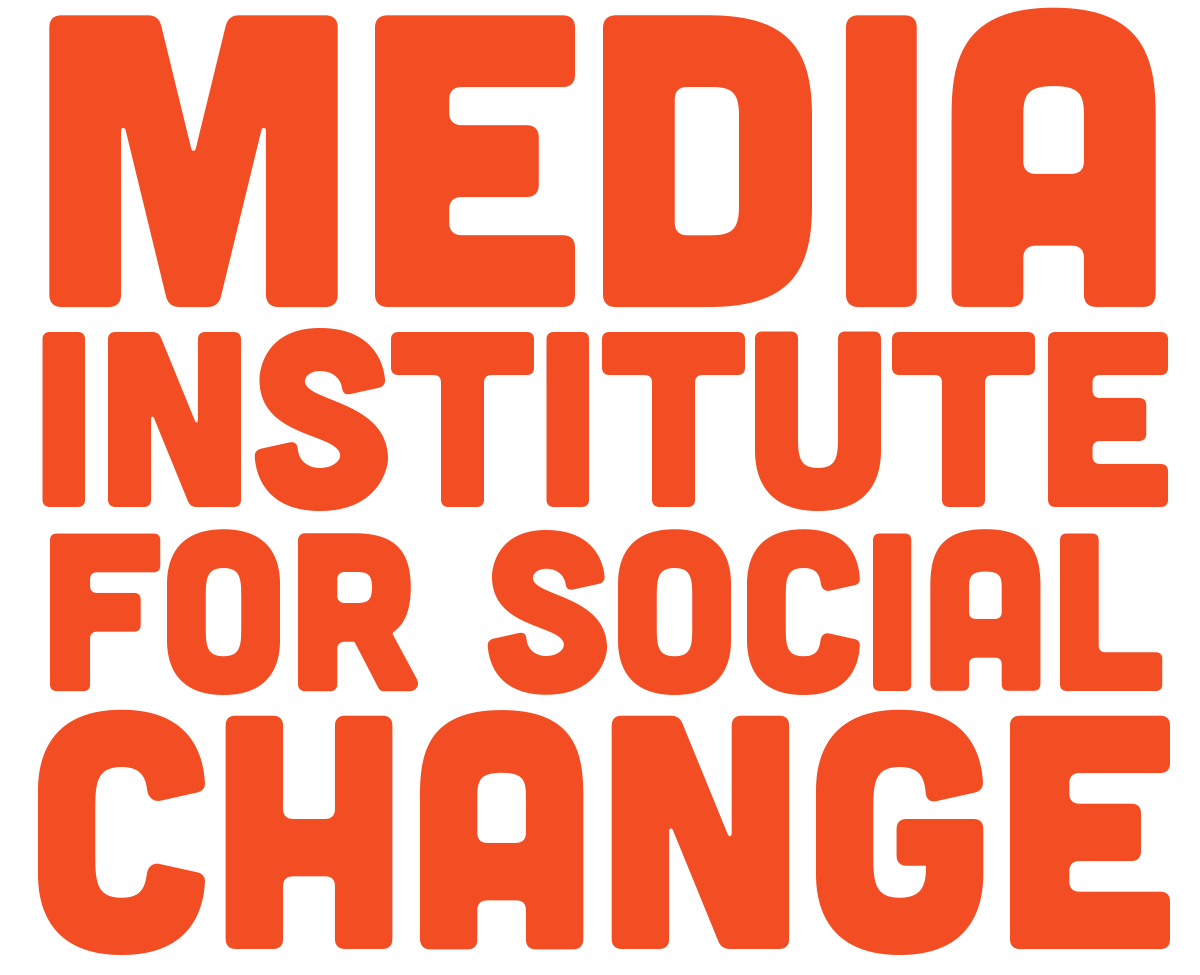I have spent the past week trying to find my footing as a student in a new program, a guest at a new home, and a stranger in a new city.
Immersing myself in this new space has brought up quite a bit of reflection. What do I hope to gain from this jam packed summer? Why do I want to be a journalist, and how do I hold on to that? Meeting with successful mentors in the field, and hearing them discuss their paths to success, has provoked a sort of gut check that cannot be achieved when I am merely sitting in a collegiate journalism class, hearing my professor drone on about “the real world” and the lucrative “job market.”
There are students across the country pursuing jobs that all eleven of us would like to obtain, but there is something more specific than our desired careers that brought us to Portland this summer. Yes, this is a media institute, but the key phrase here is “social change.” We are aspiring journalists, but we are also activists, and that will always be a difficult line to walk.
For starters, the ethics of journalism nearly juxtapose the ethics of activism. The journalist’s job is to interpret, contextualize, and convey nuances of an issue. Creating an informed debate is at the heart of journalism, while the job of the activist is to have a seat at the debate table, and to advocate for certain sides of an argument.
Furthermore, journalism is a profession and a livelihood. Activism is not so compartmentalized, and in many instances, it can be a way of life. This code of ethics reaches beyond the professional arena and impacts our relationships and our social interactions. So, how do we choose to look at the world if we are both? How do we as a student cohort choose to interact with each other this summer? Are we professional aspiring journalists who are competing for praise, for success, for airtime, and eventually for jobs? Are we also activists, who are working collaboratively to lift each other up, to dismantle systems of injustice, and to repeatedly check ourselves when feelings of capitalist-driven competition creep into our psyches? The lines are continually blurred. And maybe we don’t have to pick one.
Most of us in the program this summer are all too familiar with competition-oriented academia. We are aware that the job market will be no different, and we would like to be prepared. At the same time, we recognize that the ethics of activism such as collaboration, respect, and awareness can often result in better journalistic content. This summer, when we gather around the table at Citizen to share our projects, I hope to feel supported by my peers, not fearful of their judgement and comparisons. Media making is an art form that requires vulnerability. It calls for creativity, for excitement, and for openness. That part of my brain tends to shut down when competition is at the forefront.
I feel that my peers this summer do agree with my previous statements, and hope for a similar group dynamic as I do. It is a conscious choice that we all must set an intention to uphold. Are we going to support each other when things get difficult? Will we center our interactions on concepts of inclusion and respect? Will we call on our activist mindsets, or will we revert to the competitive tendencies that we have spent most of our lives being trained to uphold?
Only time will tell.
–Madi Stapleton
